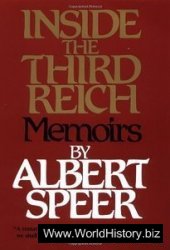The forging of anthropology and archaeology in the colonial crucible has left these disciplines with a certain stain. Anthropologists and archaeologists can be accused of being trapped in a dichotomy in looking at colonized peoples. In the first instance these peoples are seen to represent the tattered remnants of an idyllic precolonial time, when cultures and ethnicities were pure and unsullied by colonizing powers. There is then a corollary that once colonizing powers have released their hold, newly formed independent peoples remain in a form of postcolonial loss, rejecting the culture of the colonizers, yet never able to regain the purity of the time before colonization. It has been the goal of much anthropological and archaeological rumination over the last 40 years to disentangle us from this trap. Rather than seeking purity and essentialism in the study of culture(s), there has been a realization that our fear of the hybrid is founded more on the colonial origins of our disciplines than on any valid concept of unchanging cultural entities.
What happens to people during a period of colonial rule? What happens to their cultures? One way of exploring this is through the actions of people involved in the colonial enterprise, whether as colonizer, as colonized, or somewhere in between. A key concept in this anthropological analysis is that in colonial situations, practices can be taken from the homeland or from local cultures, and from these collisions a uniquely colonial praxis develops.




 World History
World History









